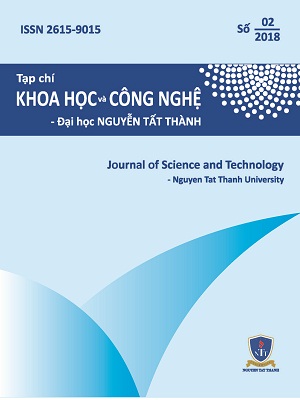Progress of CRISPR/Cas as a tool in crop genetic improvement
Abstract
In the last 30 years, plant genetic transformation has become an indispensable tool for functional genomic studies. Moreover, this technique was also the key in the development of genetically modified crops which have been widely adopted by growers in 28 countries. Recently, the development of genome-editing tools has opened up a new approach for crop genetic improvement. In genome-editing technologies, CRISPR/Cas (Clustered regularly interspaced short palindromic repeat; CAS, CRISPR associated protein) is the most promising tool. The CRISPR/Cas system employs an endonuclease belong to Cas protein family in which Cas9 endonuclease is the most explored Cas protein. The RNA-guided nuclease induces sequence-specific double-strand breaks stimulates cellular DNA repair mechanisms and mediates genetic modification. In 2013, the first successful application of CRISPR/Cas9-based genome editing was reported. After that, CRISPR/Cas9 has been used widely in model plants (Nicotiana benthamiana, Arabidopsis thaliana) and crops (soybean, wheat, rice, maize). In this review, we summarized the mechanism of action of CRISPR/Cas and recent progress in plants functional genomic studies as well as the potentials of this technology in improving agronomic traits in crop plants via genetic gain.

